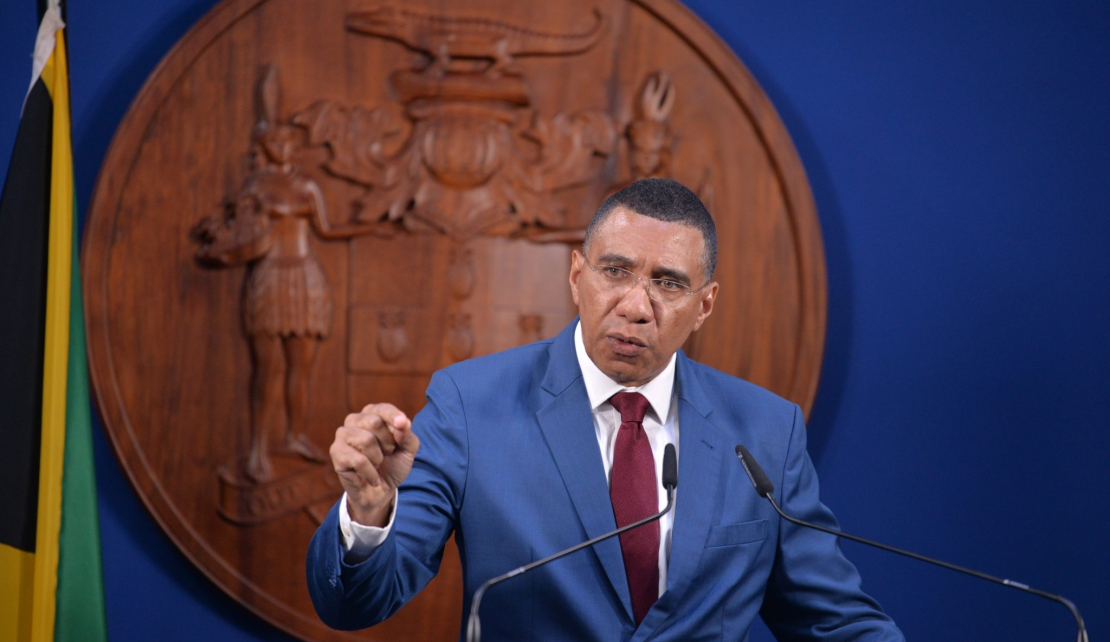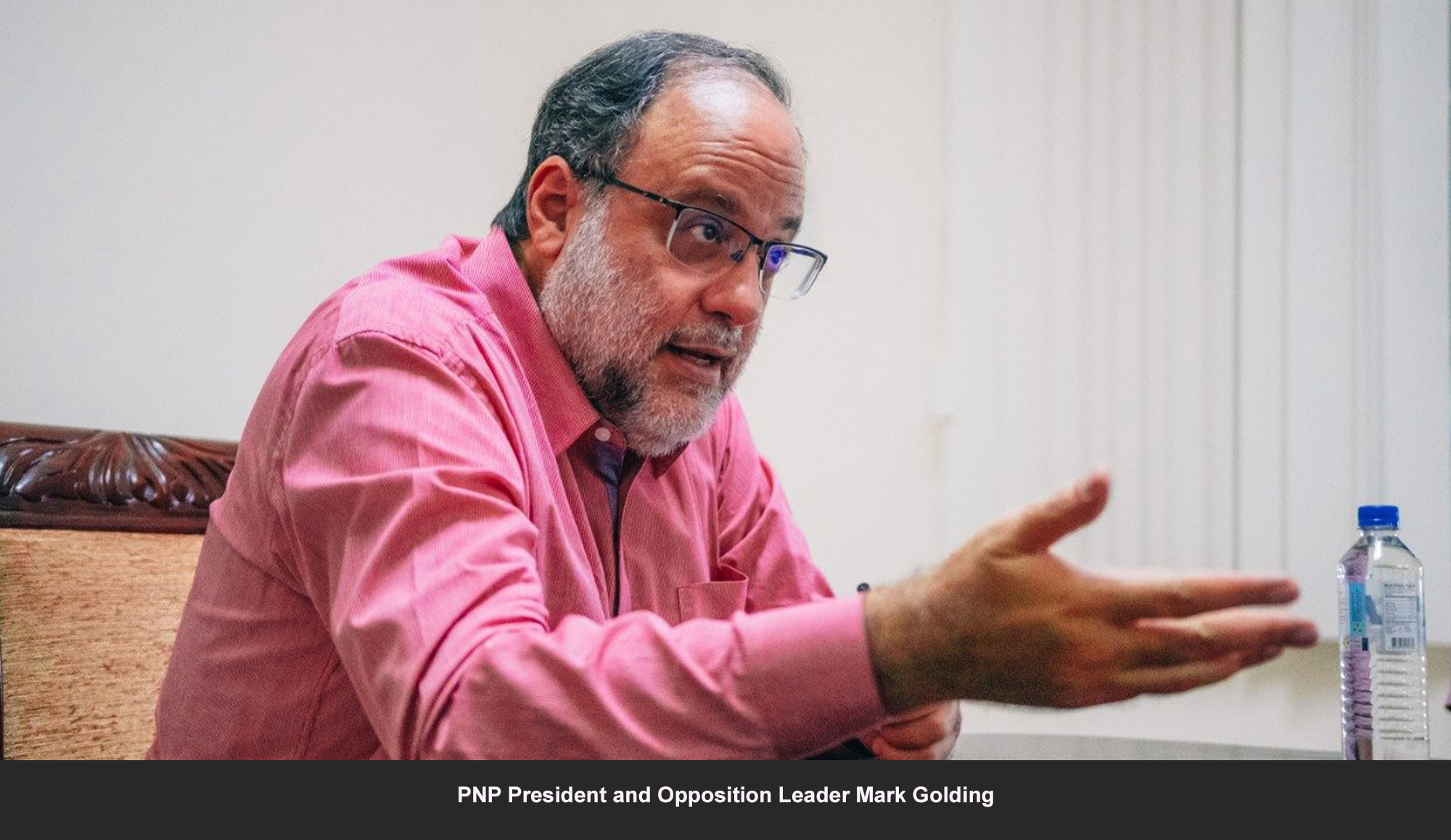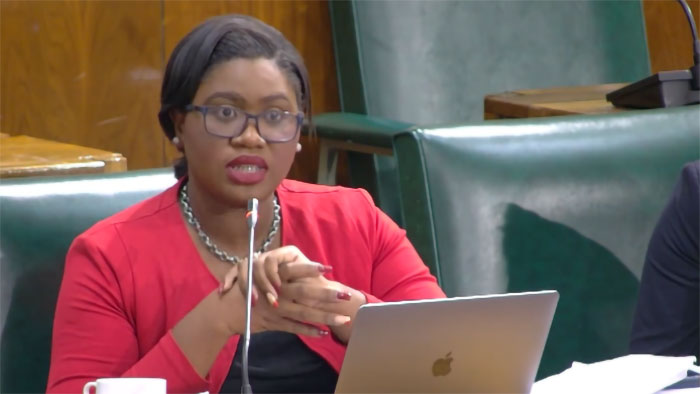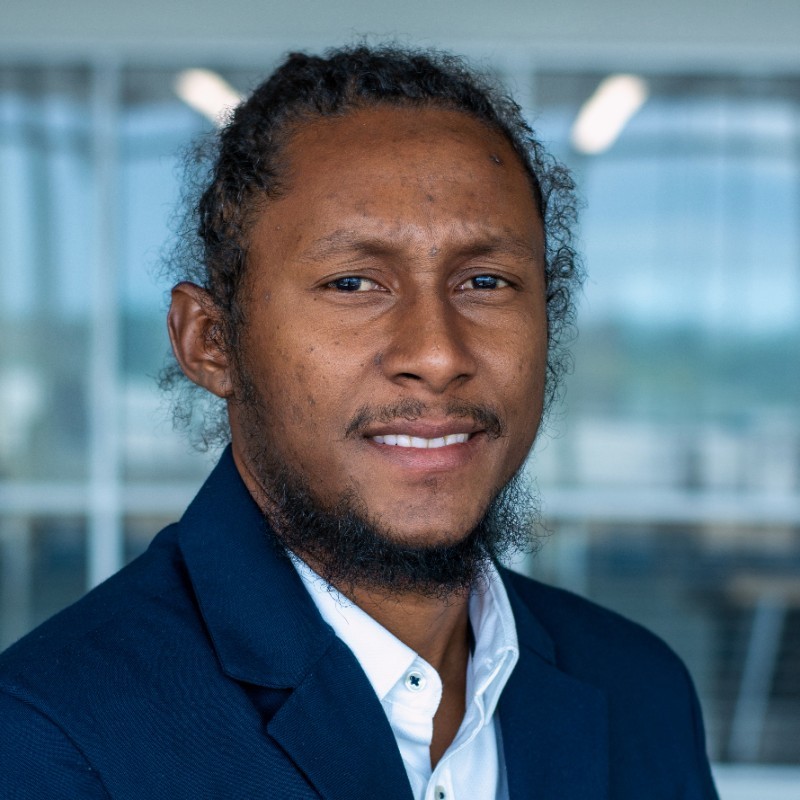JAMAICA | Prime Minister faces serious criticism over new states of emergency

MONTEGO BAY, Jamaica December 7, 2022 - The Holness Administration’s consistent use of States of Emergency as a crime fighting tool has not only come in for criticism from the Opposition People's National Party and Jamaicans for Justice, but its efficacy also is being challenged by Assistant Professor at Howard University, Jermaine Young.
 In a national broadcast on Tuesday, Opposition Leader Mark Golding expressed concern that “We do not see the use of SOEs as a policing tool as a sustainable path forward for Jamaica. Putting the majority of Jamaicans at risk of being detained for extended periods by police or soldiers without charge, is no way to address Jamaica’s long standing challenging problem of criminal violence.”
In a national broadcast on Tuesday, Opposition Leader Mark Golding expressed concern that “We do not see the use of SOEs as a policing tool as a sustainable path forward for Jamaica. Putting the majority of Jamaicans at risk of being detained for extended periods by police or soldiers without charge, is no way to address Jamaica’s long standing challenging problem of criminal violence.”
“Many lives of lawful young Jamaicans have been disrupted and irreparably damaged by being held in detention without charge for long periods, sometimes well in excess of a year, with a loss of their jobs and the stigma of being treated like common criminals,” Golding lamented.
According to the Opposition Leader, “SOEs are just about detention. But detention is not a sustainable strategy for reducing violent crime. Detention does not involve proper police work as there is no investigation, case preparation, effective prosecution and conviction in a court of law. SOEs therefore encourage sloppy law enforcement practices, because anyone can be held and kept in custody without the police having to bring a case to court to hold the criminals accountable and make them pay for their wrongs.”

Jackson said the group maintains its position that the imposition of SOEs is not effective in tackling the country's rising crime rate. She said that while the SOE might reduce the instances of crime in the parish in which it is imposed, it causes migration of criminals to adjoining areas where the security measure is not in effect.
Calling this phenomenon the "hopscotch approach", Ms Jackson questioned the efficacy of the SOE, insisting there is nothing to suggest that it is working.
Jermaine Young an Assistant Professor at Howard University, who teaches and researches on the nexus of emergency powers (martial law, states of emergencies, and Zones of Special Operations) and criminal justice in colonial and postcolonial Jamaica, has cited marginal results from its use of SOEs in the island.
While the PNP seeks to project itself as upholding constitutional order, the governing JLP sees its duty as using the constitutional emergency provisions to preserve what it sees as the preeminent right of all citizens—the right to life—albeit, with less than convincing results, Young said.
On Tuesday morning, prior to leaving for Washington DC, Holness declared a new round of SOEs this time in eight parishes. The emergency measure now covers St. Ann, Clarendon, St. Catherine, sections of Kingston & St. Andrew and the western parishes of St. James, Hanover and Westmoreland. This latest declaration is another episode of the government’s intensified use of SOEs in conjunction with other quasi-emergency measures like ZOSOs to dampen the perennially high homicide rate.
Lack of effectiveness
In spite of the measures, Young notes that Jamaica still registered the highest murder rate in Latin American and Caribbean for the second straight year in 2021. Since late 2017, both SOEs and ZOSOs have been declared numerous times across the island.
These approaches have normalised emergency powers as a criminal justice tool. Young argues that the deployment of SOEs and ZOSOs has done little to alleviate the national homicide rate, despite a small decline from the 2017 zenith of 1647 homicides to the 2021 tally of 1322.

Despite aspects of past SOEs being deemed unconstitutional by the island’s Supreme Court in 2020, the Holness administration has not relented in declaring SOEs in November 2021 and again in 2022. The court cited as unconstitutional the SOE’s extended detentions violating constitutional liberties and the declaration being vague as to what constituted an “emergency”.
An associated Press article on Wednesday, highlighted the prime minister’s SOE announcement, pointing out that “the state of emergency allows authorities to arrest people and search buildings without a warrant, drawing heavy criticism from political opponents and activists who have warned against a repeat of the police abuse and mass detentions that happened under previous states of emergency, and noting that similar measures have been imposed in El Salvador and Honduras recently.”
The AP story went on to point out that “The island of 2.8 million people reported 1,421 killings so far this year, outpacing the 1,375 killings in the same period last year, a spokesman with Jamaica’s Constabulary Force told The Associated Press.” It added that “Jamaica has a similar population to the U.S. city of Chicago, which reported 643 killings so far this year.”
Young observed that “Jamaica’s security apparatus rarely provides adequate statistics for one to be able to make a meaningful comparison at the local level pre-SOE versus post-SOE declaration. Holness’ and, by extension, Jamaica’s quagmire is comparable to Nayib Bukele’s mano duro approach in El Salvador in terms of the potential for rights abuses despite making some homicides steadily decreasing. Like El Salvador, there are concerns that the mass detentions and arrests (many of them arbitrary as local and international human rights groups have noted) will not lead to the desired national reduction of homicides.”
Reliance on SOEs is problematic
The Howard University assistant professor argues that the Government’s reliance on SOEs is problematic and has implications for both the Holness government and Jamaican citizens. He expressed the view that the “Jamaican state has repeatedly shown that ‘collateral damage’ seems more relevant than catching the real criminals. This is why a number of Jamaicans, especially from less affluent areas, are often confused as to why they have to sacrifice their constitutional rights to ensure the state has an appropriate policy response, especially when state abuses are clear and present realities.”
With waning public support for SOEs, Young declares that it is high time for a bipartisan approach be put on the table to fight crime, one which focuses not only on reactive solutions to law enforcement, but a proactive one that examines a plethora of issues that facilitate crime on the island. These included the lack of socio-economic opportunities, limited technological improvements and training for the police, and substantive prisoner rehabilitation to curb recidivism.
He concluded by saying that the Holness administration’s reactive approach has watered down the intended purpose of an SOE as a tool of last resort. Instead, it has become the primary policy tool.
The Associated Press noted that “Authorities in Jamaica are defending the state of emergency. Police Chief Maj. Gen. Anthony Johnson noted a 64% decline in killings during a smaller, two-week state of public emergency last month.”
“It is not the intention of the government to abuse these powers,” Holness said. “As long as it is needed, this government will use states of public emergency.”
